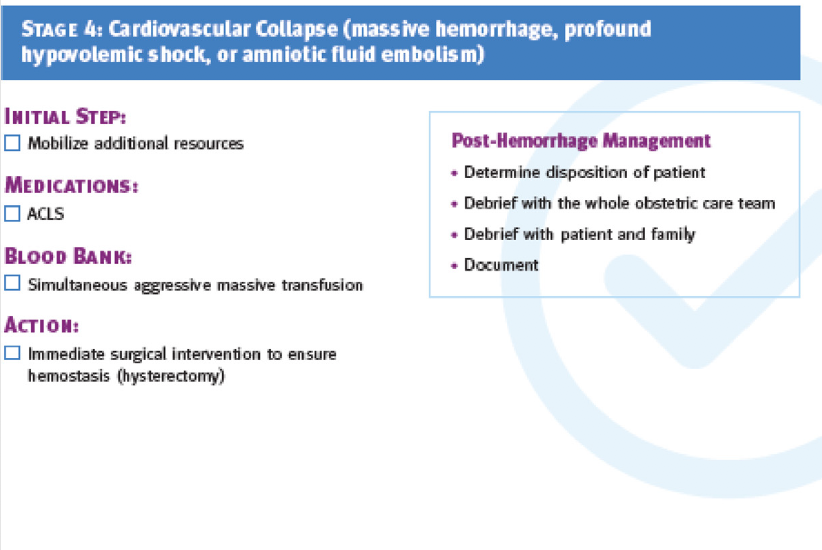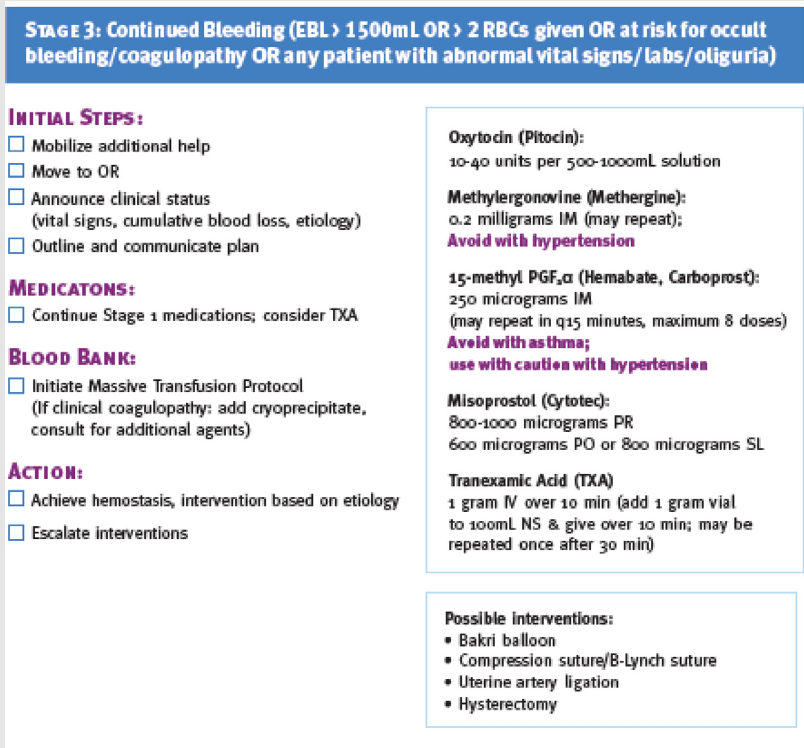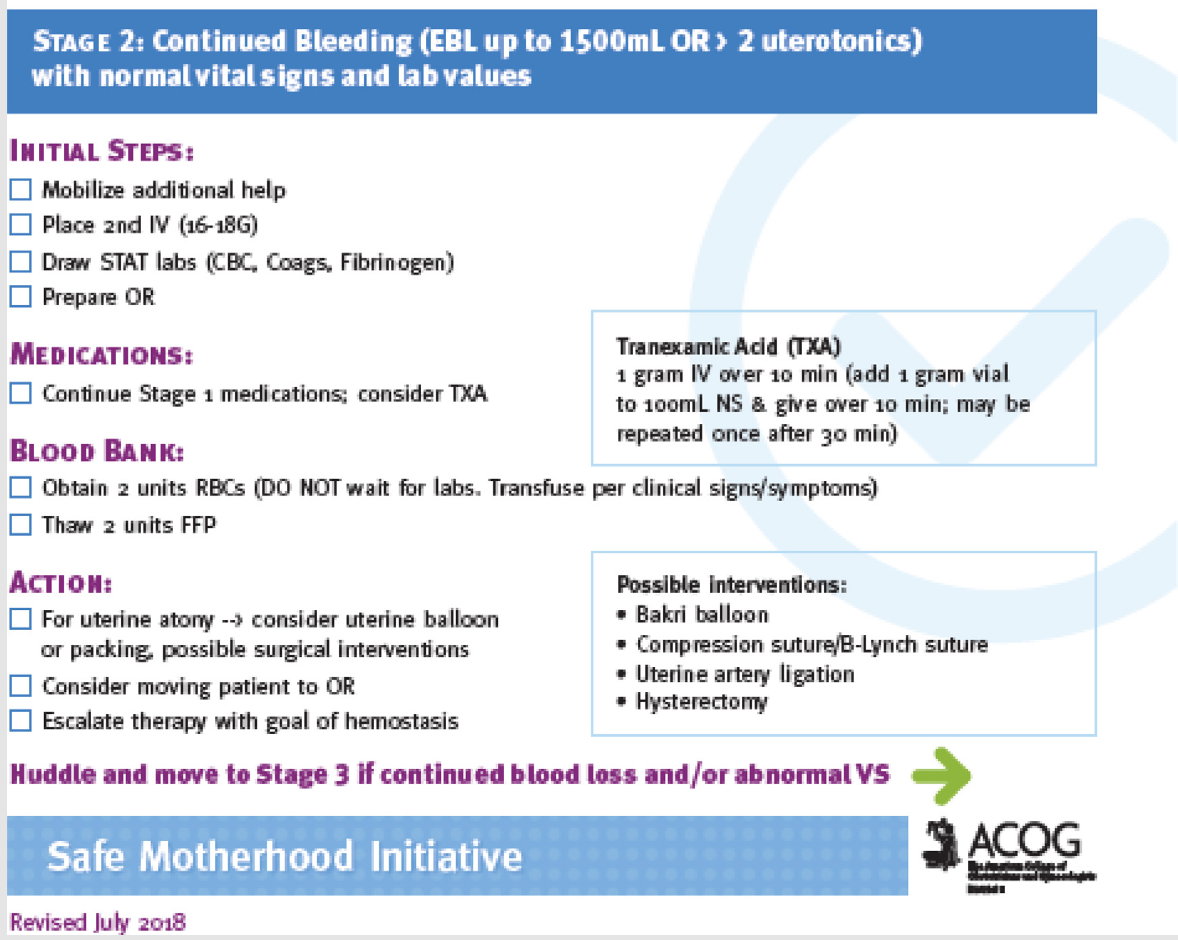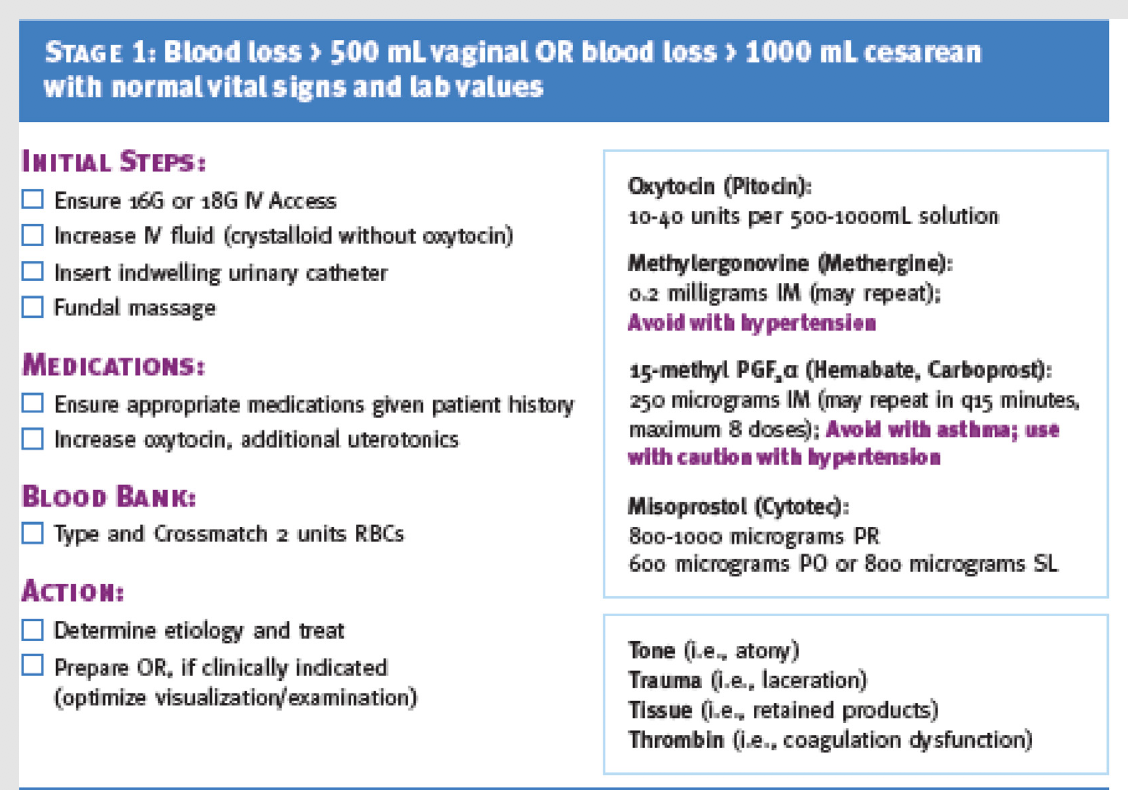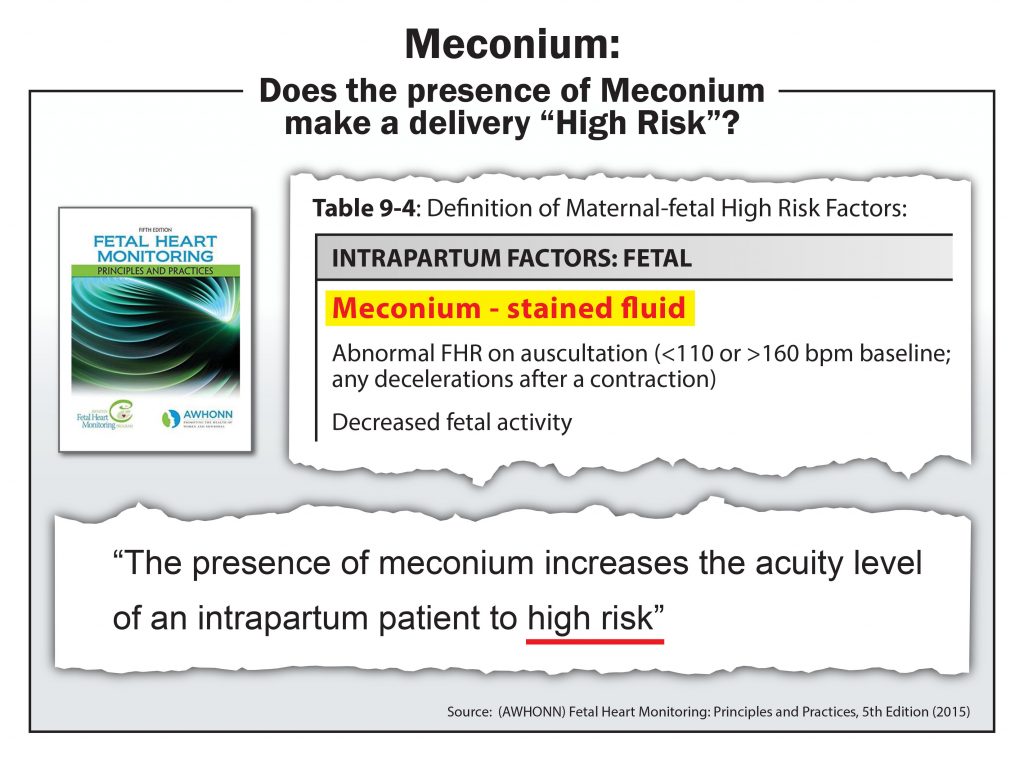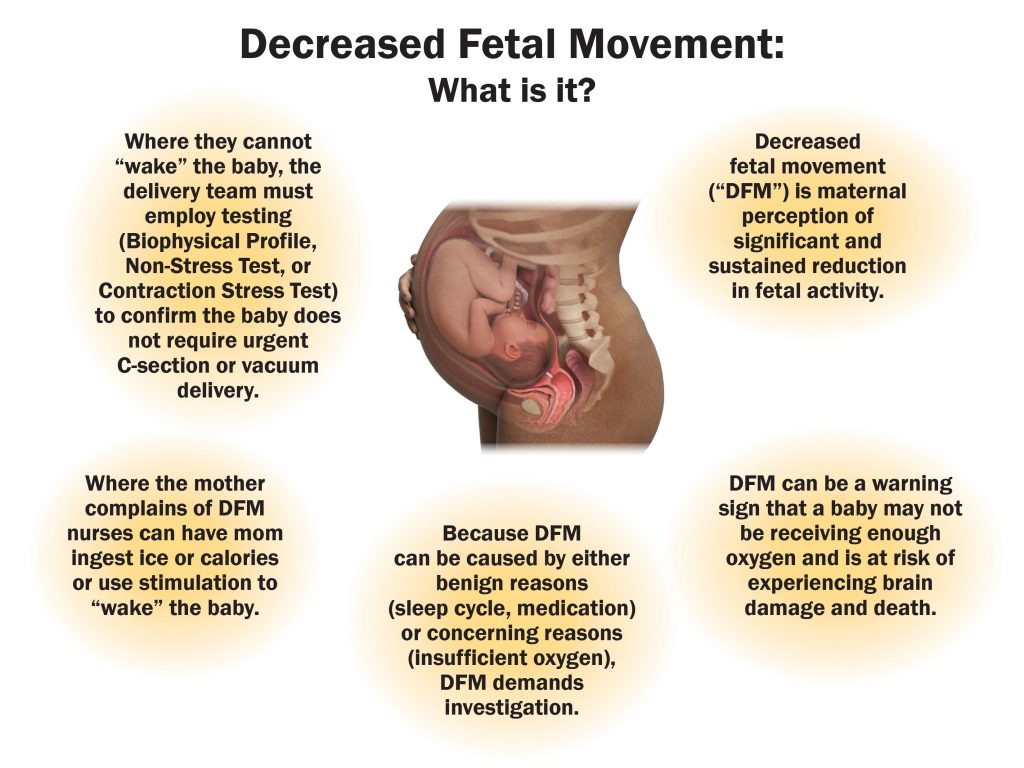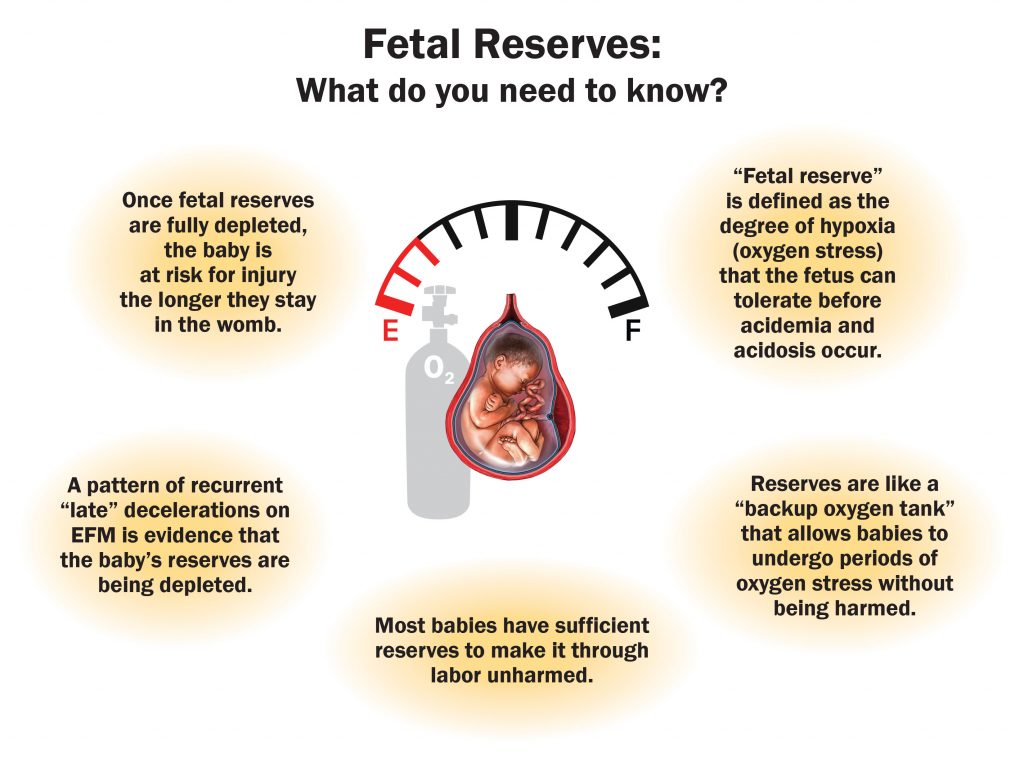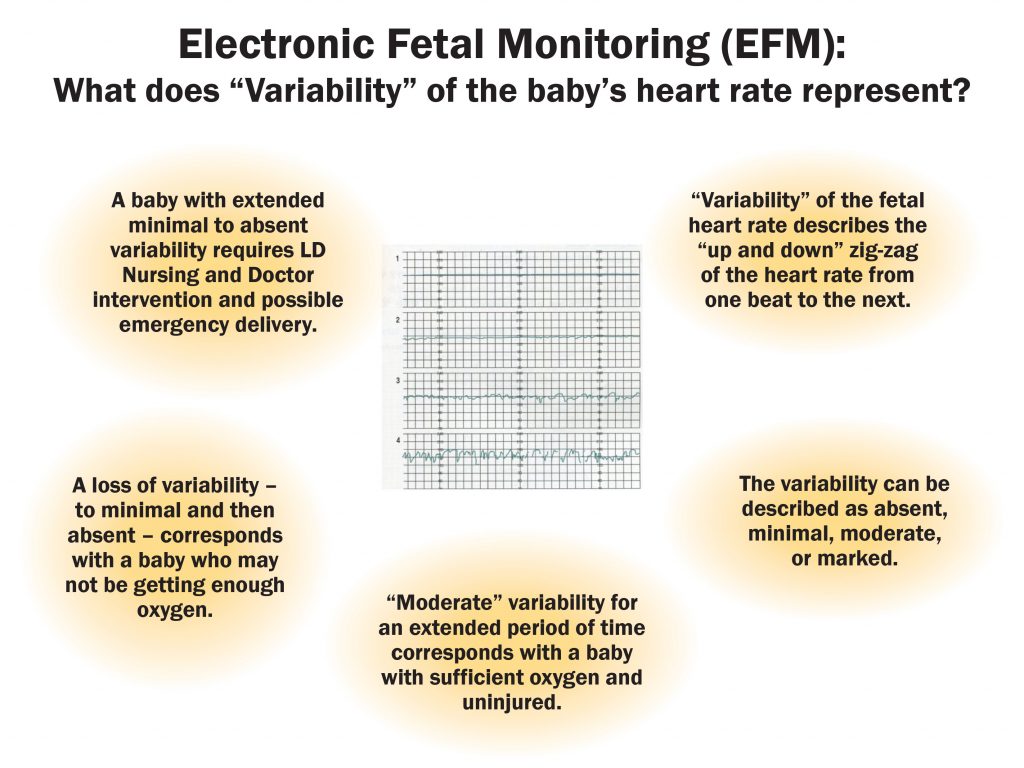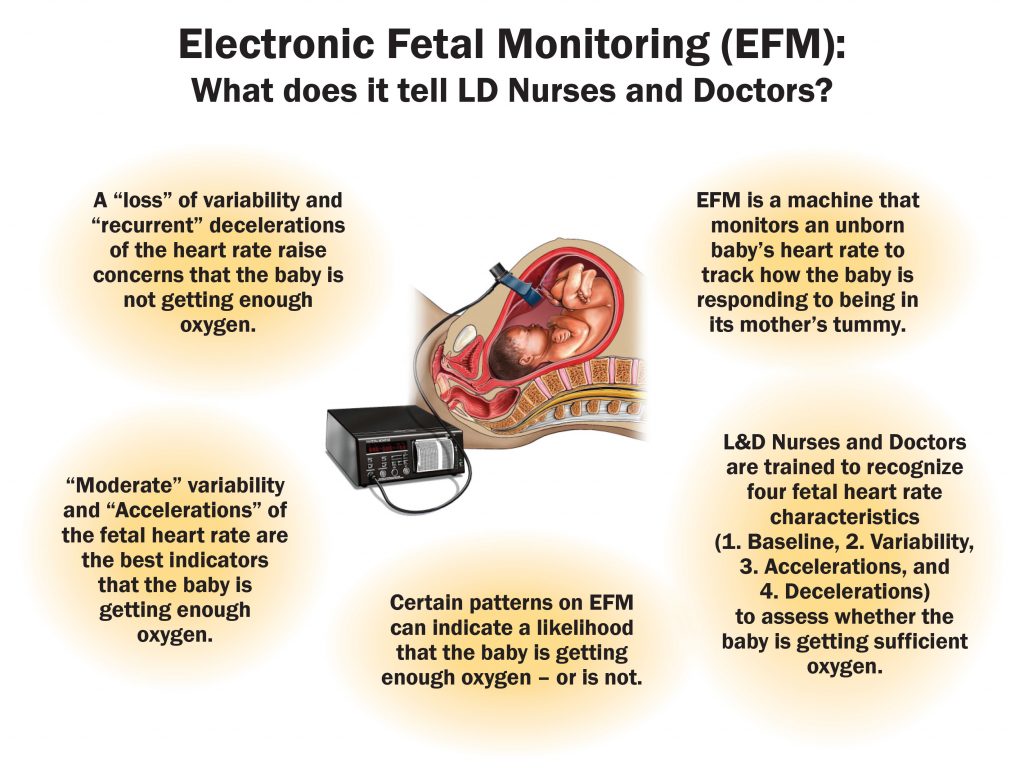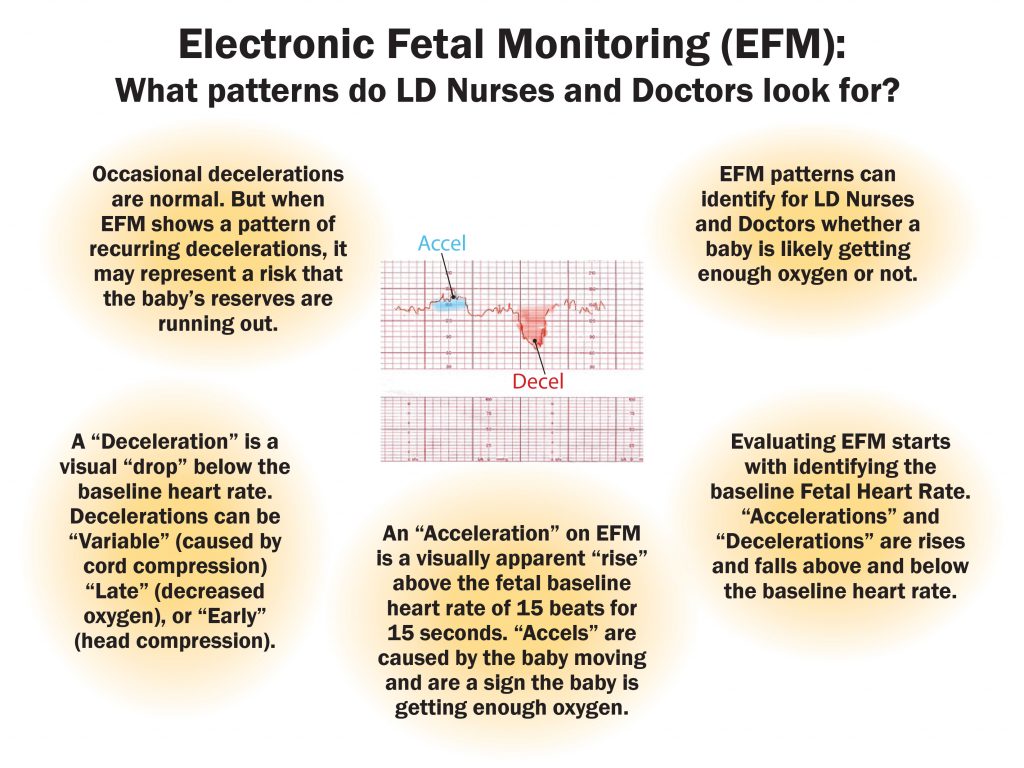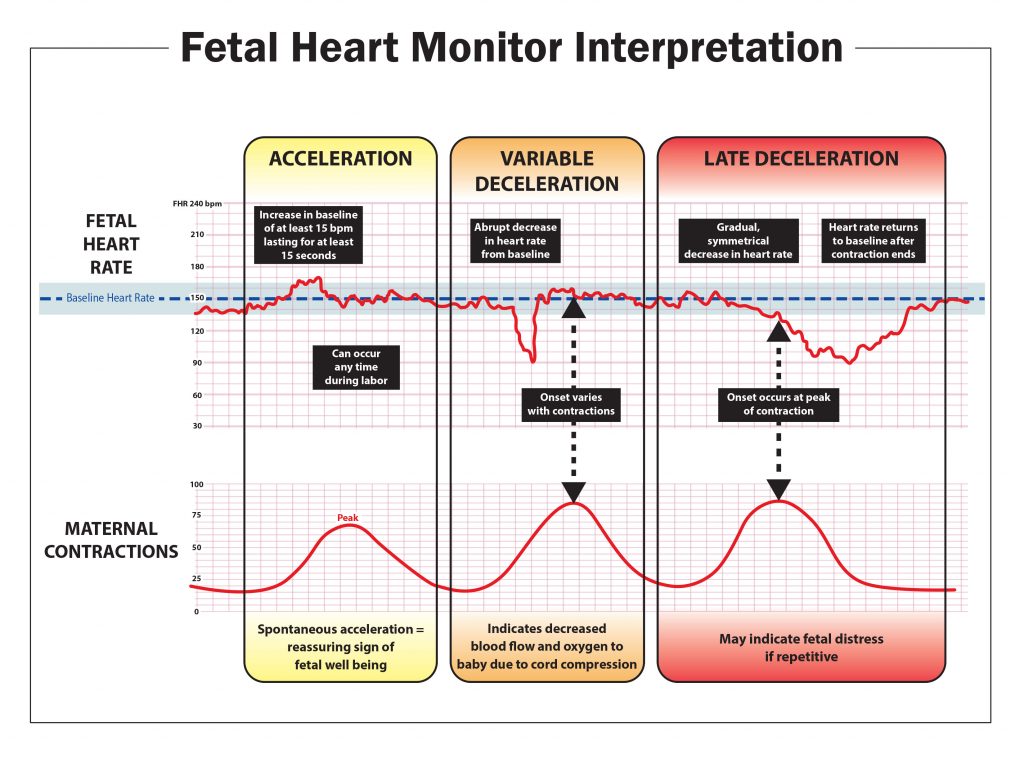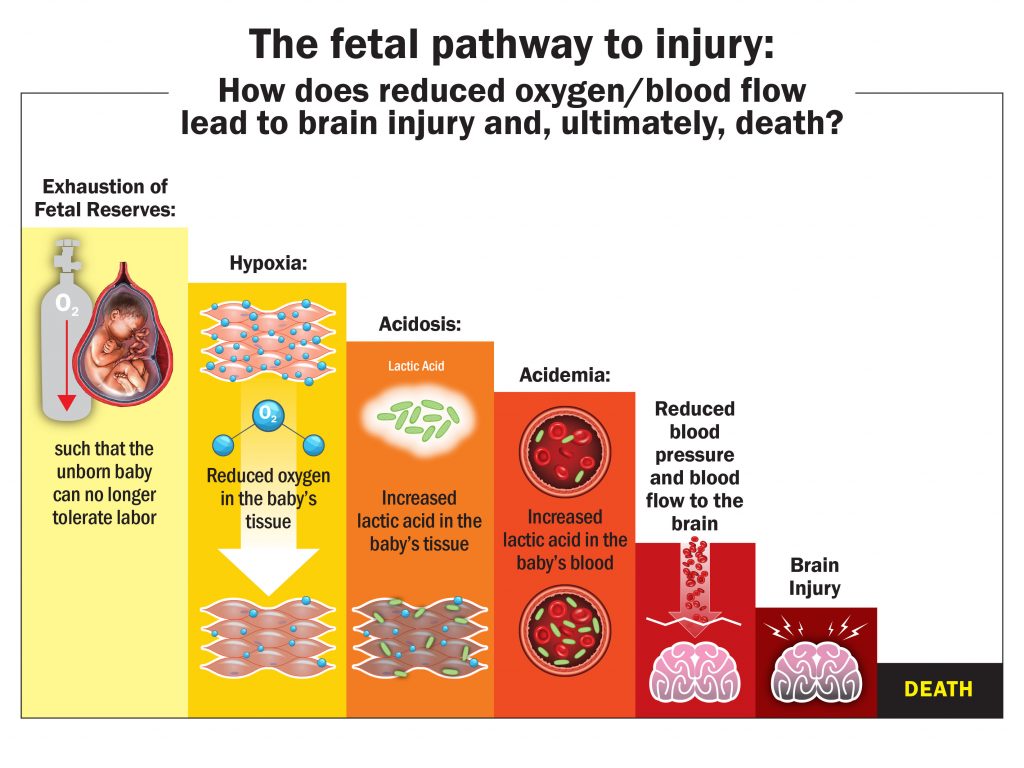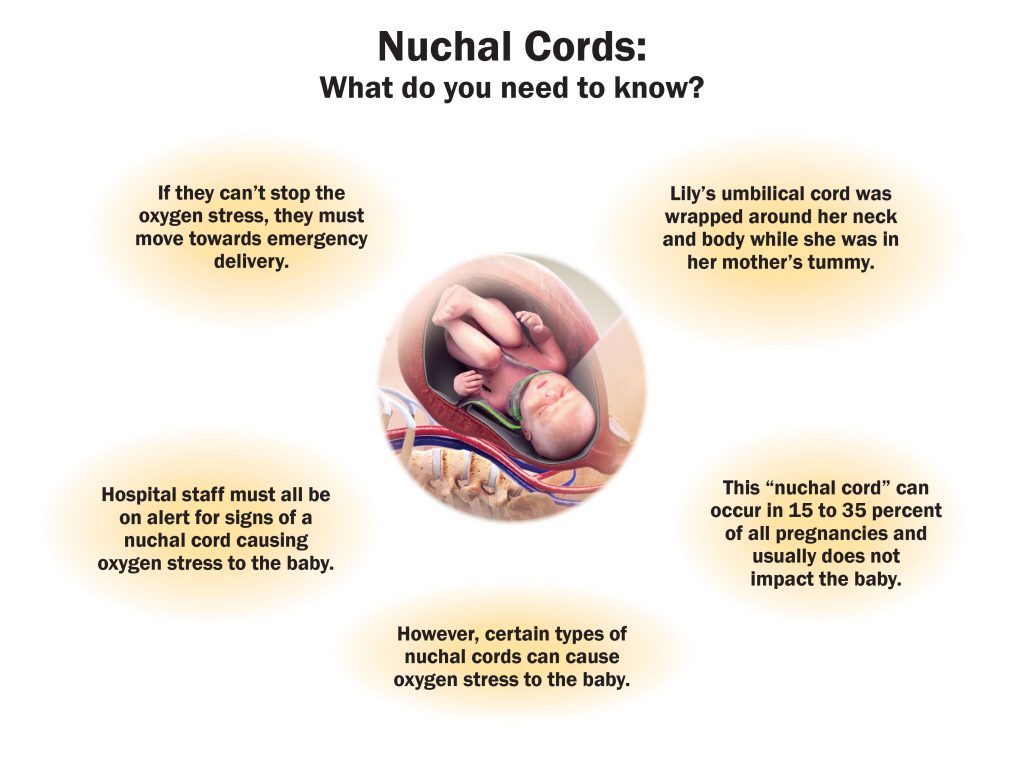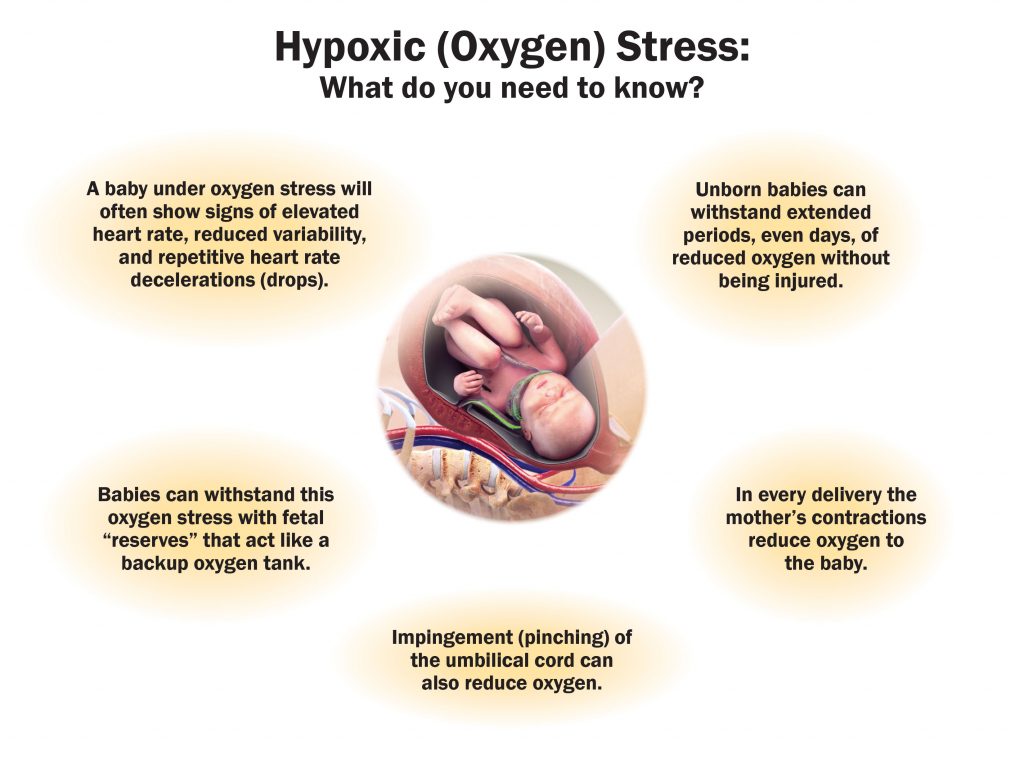Sometimes, to help deliver a child, physicians will use forceps, a surgical instrument resembling a pair of tongs. Unfortunately, there are some birth injuries that have been associated with the use of forceps. According to the Mayo clinic, “[a] forceps delivery poses a risk of injury for both mother and baby.” However, Reuters reported in 2011 that forceps deliveries were actually tied to lower brain injury rates. In this post, we navigate the potential risks and benefits of a forceps delivery.
General Information
Forceps are used in birth for several different reasons. According to the Mayo Clinic, those reasons can include a labor that will not progress; irregular heartbeat from the baby, which may suggest larger problems; a mother’s health concern or medical condition; or the baby’s head facing the wrong direction. It is important that a forceps delivery only be done when a C-section is also available as an option. This is in part because C-sections are typically an alternative option to a forceps delivery, and depending on the condition of the child and the mother, they can sometimes be a safer option.
The Mayo Clinic warns against using forceps during birth if the baby has a condition affecting his bone strength or has a bleeding disorder; if the baby’s head hasn’t moved past the midpoint of the birth canal; if the baby’s head position is unknown; if the baby is being born shoulder- or arm-first; or if the baby’s head cannot fit through the mother’s pelvis.
Risks
Risks of forceps delivery for the mother can range from something as mild as pain in the perineum after delivery to pelvic organ prolapse, wherein the muscles and ligaments supporting the pelvic organs weaken so that pelvic organs slip out of place. For the child, the risks are rare, according to the Mayo Clinic, but they do include minor facial injuries (which generally heal on their own), to bleeding in the skull and seizures. The physician should take into account all potential conditions that may increase any of these risks. Additionally, the health care provider may seek other ways to progress the labor before resorting to forceps delivery.
Benefits
On the other hand, “forceps may carry less risk of newborn seizures compared with vacuum deliveries or Cesarean section,” according to a study reported on by Amy Norton at Reuters. According to the study, out of 400,000 births for first time mothers, newborns delivered by forceps were 45% less likely to suffer seizure than those born through Cesarean section or a vacuum pump. While C-sections have been increasing in popularity, the study shows that there is no evidence that they are generally better than a forceps delivery. Even so, U.S. rates of forceps deliveries have been declining over the last two decades, and likely will continue to do so.
If your loved one has suffered complications from a forceps delivery or other birth injuries, call us for help. We will talk to you and review your case for free. The Tyrone Law Firm specializes in representing those who have suffered a devastating injury, such as birth injuries or traumatic brain injury resulting from the negligence of another. Our personal injury firm here in Atlanta has a very successful record of trying such cases.
Nelson Tyrone handles Brain Injury, Spine Injury and RSD/CRPS cases throughout the United States. He involves only the top medical, rehabilitation and life-care plan experts in the field. His results on behalf of clients include several of the largest settlements and verdicts on record, and he was recently able to obtain a $13.9 million verdict, one of the largest in the state of Georgia, for a birth injury client in 2014.
You can reach us at 404-377-0017 or via email at admin@tyronelaw.com. If we can’t help you, we will do our best to put you into the hands of lawyers who can.




 Hayley serves as a Labor and Delivery Nurse Consultant for the Tyrone Law Firm. She attended and graduated Cum Laude from the University of Georgia in 2004 with a Bachelor of Arts degree in Journalism/Public Relations. After graduation she moved to the gulf coast where she pursued a career in real estate and development.
Hayley serves as a Labor and Delivery Nurse Consultant for the Tyrone Law Firm. She attended and graduated Cum Laude from the University of Georgia in 2004 with a Bachelor of Arts degree in Journalism/Public Relations. After graduation she moved to the gulf coast where she pursued a career in real estate and development.
